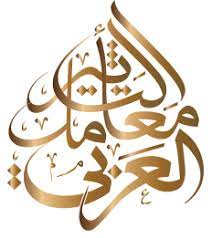Elements of Resistance Literature in the Works of Mustafa Wahbi Al-Tal
DOI:
https://doi.org/10.36317/kaj/2021/v1.i48.528Keywords:
Resistance literature, Jordan, Arar, MotherlandAbstract
There is no doubt that every poet is a thinker and cultural figure in his time and an influential element in his society when he is eloquent, accurate and profound. Mustafa Wahbi al-Tal, known as Arar (1899-1949), is one of the most famous contemporary Jordanian poets who are familiar with the conditions of his time. In criticism and advocacy for reform and entitlement, he considers himself responsible and enthusiastic. Affected by the unsanitary conditions of his life, he entered the field of resistance literature. He uses simple language to better convey the depths of his poems to all people, and uses ambiguity on topics such as: freedom and liberalism, anti-colonialism, struggle against oppression, protest against society's disorder and poverty, justice and call for unity and solidarity, hope for the future, fight ignorance and ignorance, and remove despair from the people Society, the pride of the Arabs, and the praise of their qualities. This research resulted in studying the elements of stability in the poetry and prose of Mustafa Wehbe Al-Tal, extracting manifestations of resistance and stability, analyzing their content and subject matter, to reveal the hidden corners of the works of this poet and writer, and present them to readers more than ever before. It is clear from examining the themes of resistance in the poetry and prose of this writer that he opened his tongue in an epic and resonant tone, but in simple and humble language, describing the current events in Jordan, during the struggle against colonialism. The spirit of jihad and struggle caused his anti-colonialism to have the clearest and most evident manifestations of resistance and stability in his works.
Downloads
Downloads
Published
How to Cite
Issue
Section
License
Copyright (c) 2021 Tahereh Sadat Syed Hosseini, Nahida Fawzy

This work is licensed under a Creative Commons Attribution 4.0 International License.



















